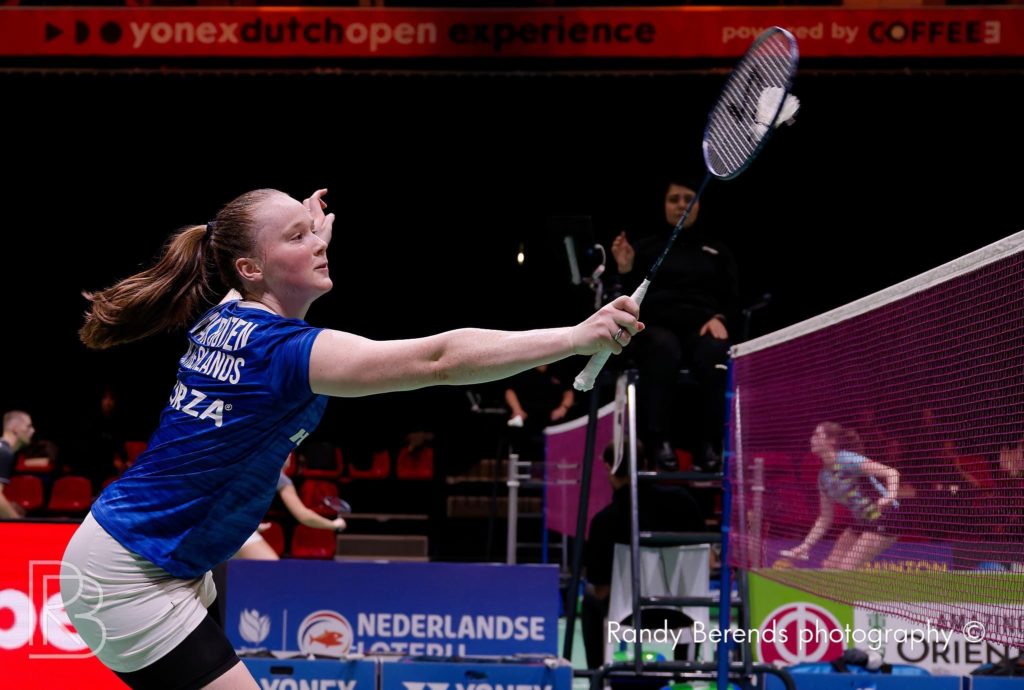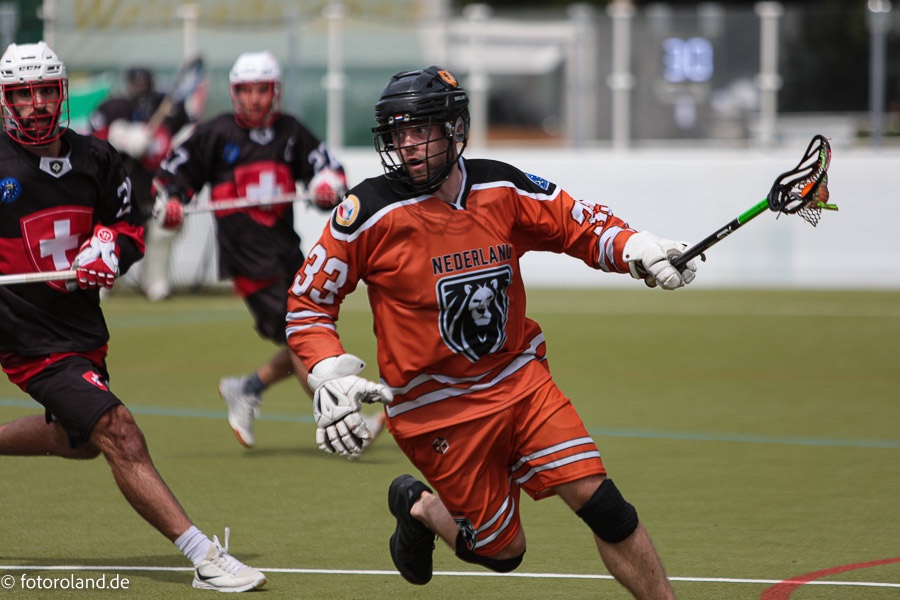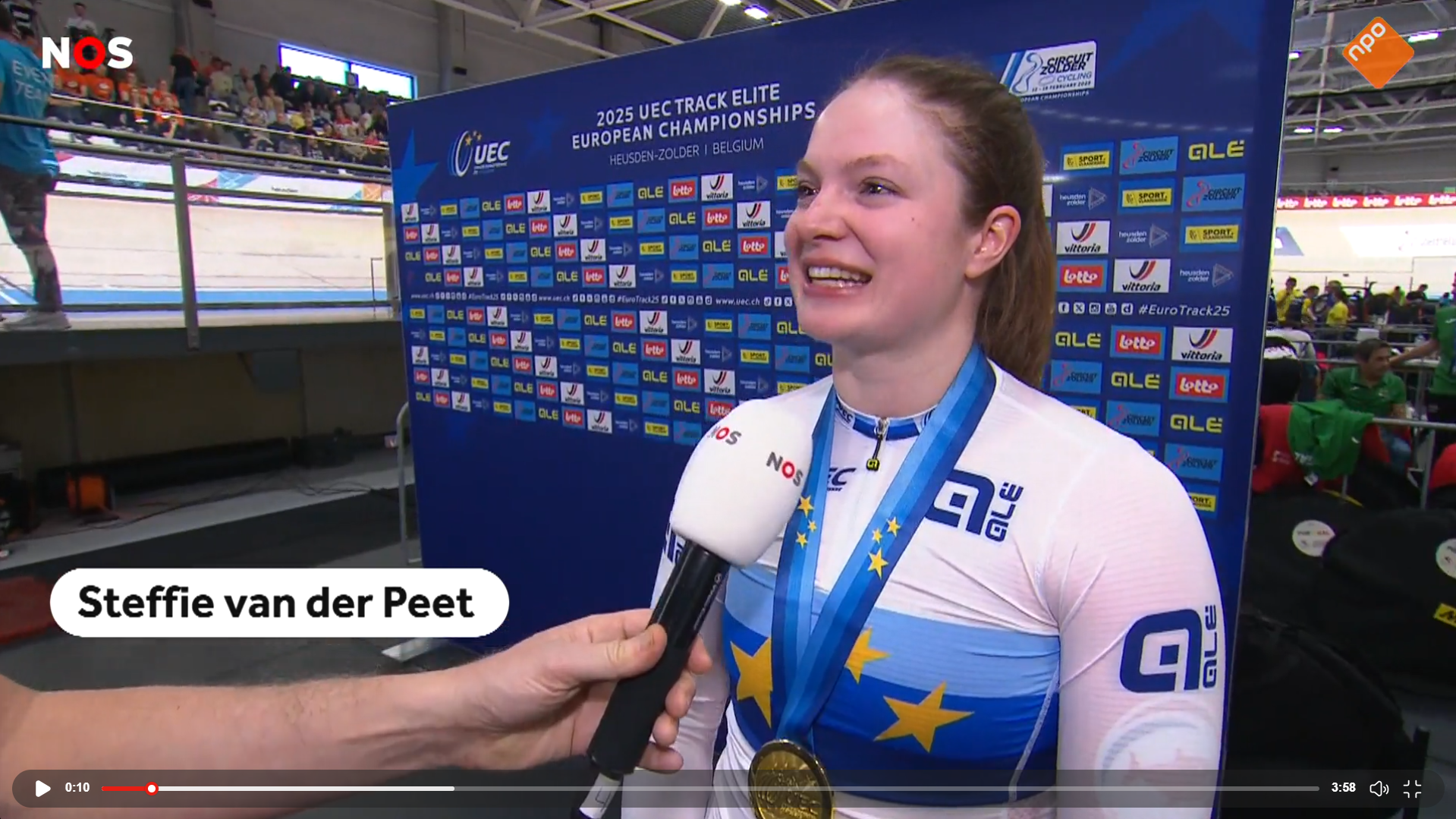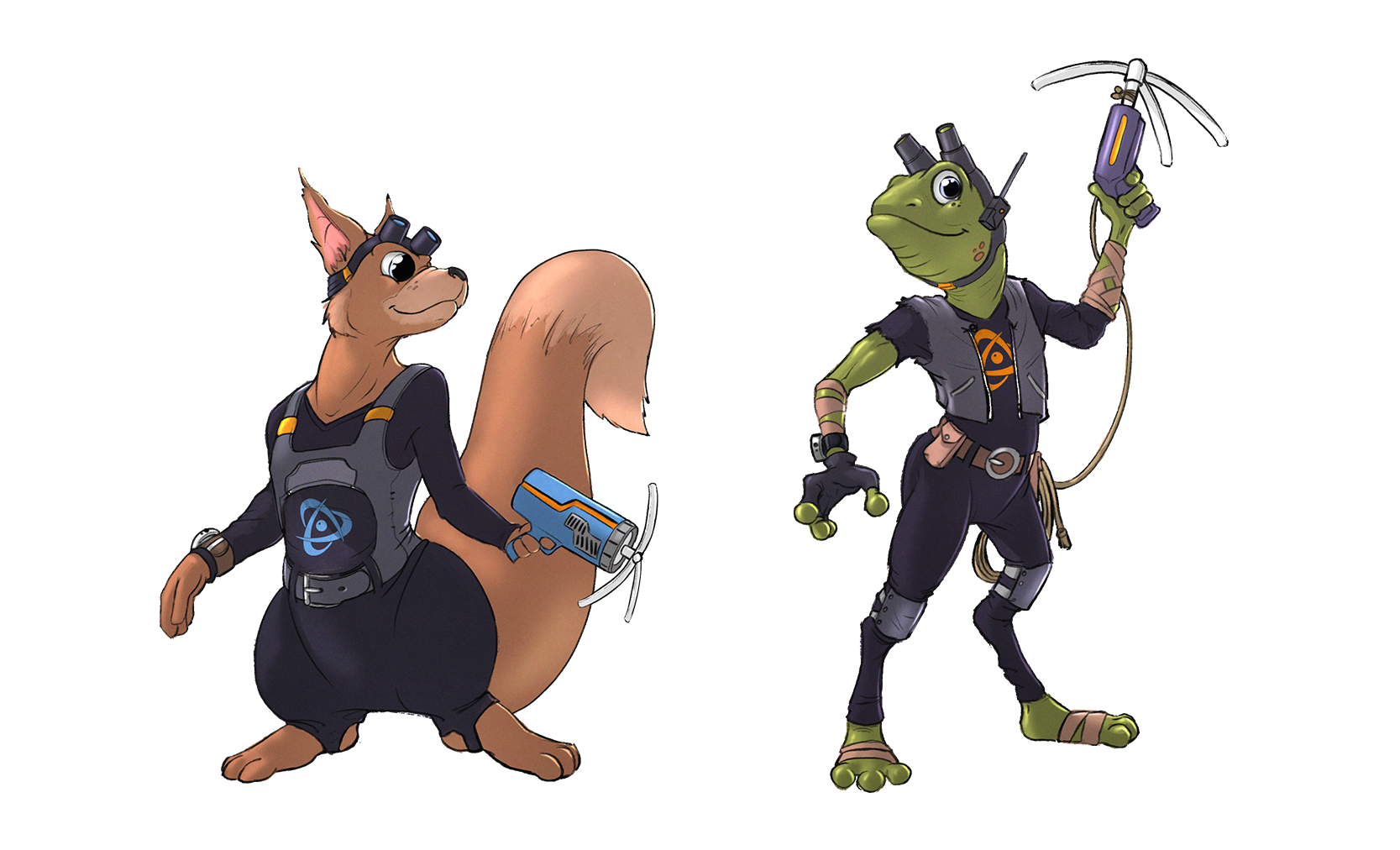This year’s Niels Smith sports grant was awarded to Iepe Bouw (29, master’s student in Metropolitan Analysis, Design and Engineering, lacrosse) and Kelly van Buiten (22, bachelor’s student in Health and Society, badminton).
Talented top-level athletes who enrol at WUR can apply for funding from the Niels Smith Fund, which is made available by the University Fund Wageningen. Out of the applications submitted, two athletes are selected each year. Seven athletes applied this year, out of which two former winners, Carrie Wegh (archery, 2012) and Krijn Schutters (judo, 2014), selected two winners.
The winners comment:

Kelly van Buiten
‘I train between 28 and 32 hours a week in addition to my studies. On Mondays to Fridays, I train two to three times a day and once more on Saturday. On Saturday afternoon and Sonday I have time off’, Van Buiten clarifies her training schedule. She combines this with her studies in Health and Society, where she takes one course per period. ‘I intend to enrol in a second bachelor’s next year in the field of biotechnology. I enjoy studying, which comes as no surprise since badminton is a game of strategy.’
Van Buiten plays in the Dutch national junior team. ‘Badminton is a mid-level sport in terms of size. We have quite a few clubs but few top-level players, particularly in comparison to the rest of the world. There are a total of 24 spots in the Dutch national selection, 12 for seniors and 12 for junior players. I hope to make it to the seniors after the Paris Olympics, which unfortunately come a little too early for me.’

Iepe Bouw
Bouw is a face-off specialist in lacrosse: his job is to be the first to get the ball after the start of the game. ‘That requires excellent reactive skills. I have an app on my phone that randomly plays the starting signal -down, set- followed by a whistle. That is one way I train for my sport, but I also practice different techniques with my stick and weight training. Because our sport is not well known I can design my own training schedule, which enables me to combine it with my studies, but only just.’
‘I played in Europe’s largest lacrosse tournament this year, with teams from the US, Canada, Taiwan and Hong Kong. I get to join the Lacrosse World Championships in September. These trips are costly, and my stick sometimes breaks during a face-off duel -where I compete with the opposing team’s face-off specialist for the ball. The part that breaks can be replaced but costs over ninety euros. The money from the fund is very welcome.’
Lacrosse will be included in the Olympics for the first time in 2028 in Los Angeles. Bouw does not want to think about that too much yet. ‘We must first prove we have what it takes, and we must have enough team-mates who want to join the Olympics…But it would be really awesome.’

 Iepe Bouw (left) and Kelly van Buiten, winners of the Niels Smith sports grant. Photo Guy Ackermans
Iepe Bouw (left) and Kelly van Buiten, winners of the Niels Smith sports grant. Photo Guy Ackermans 

